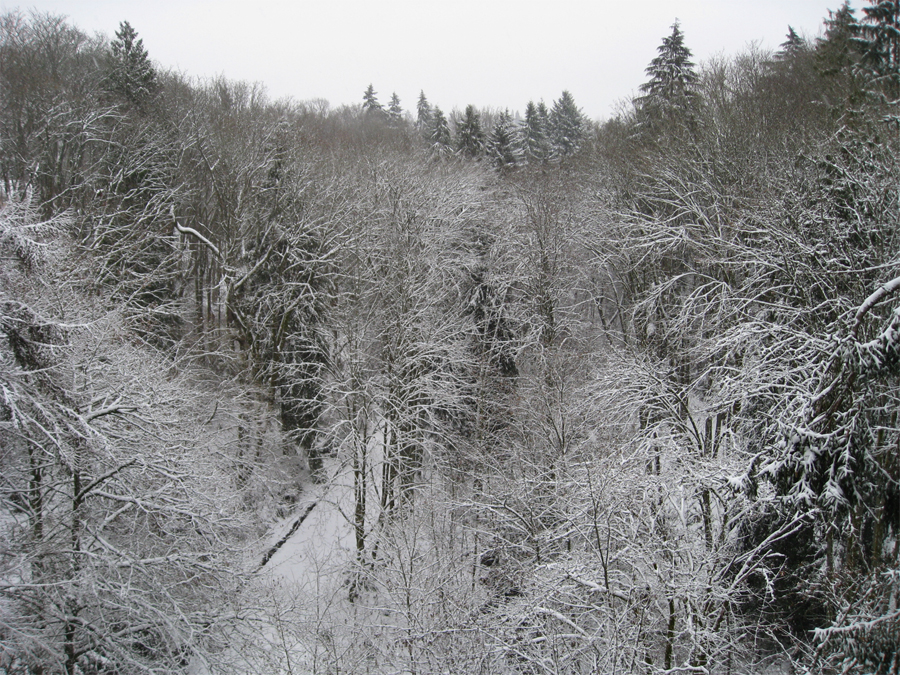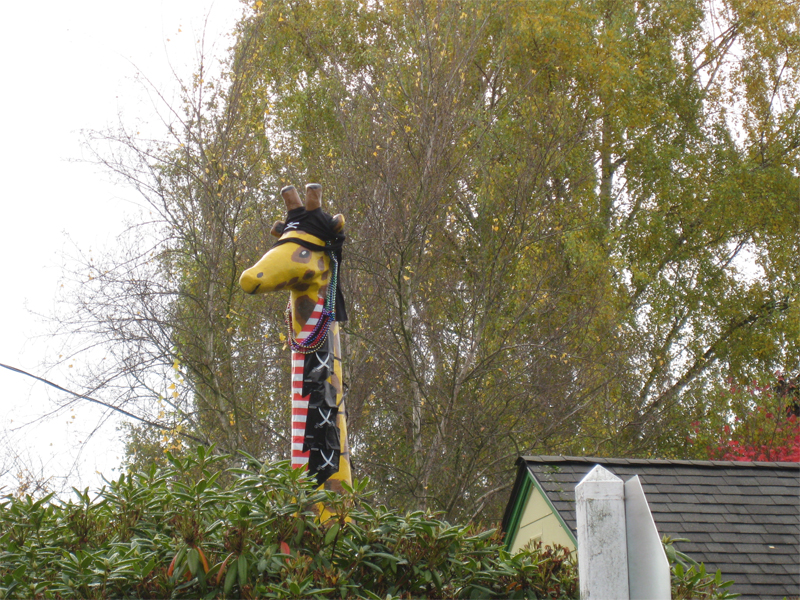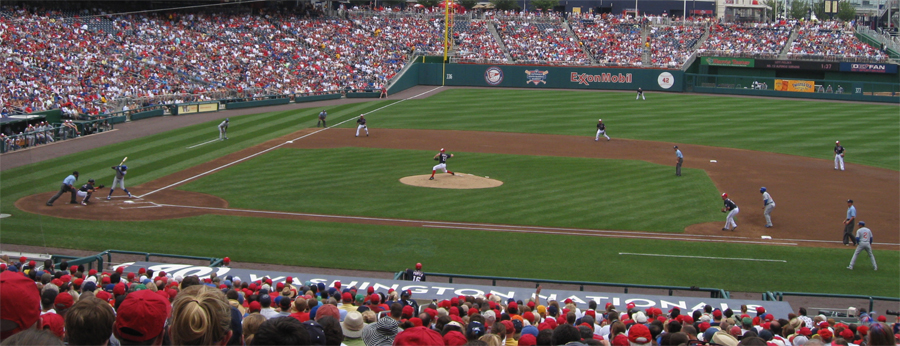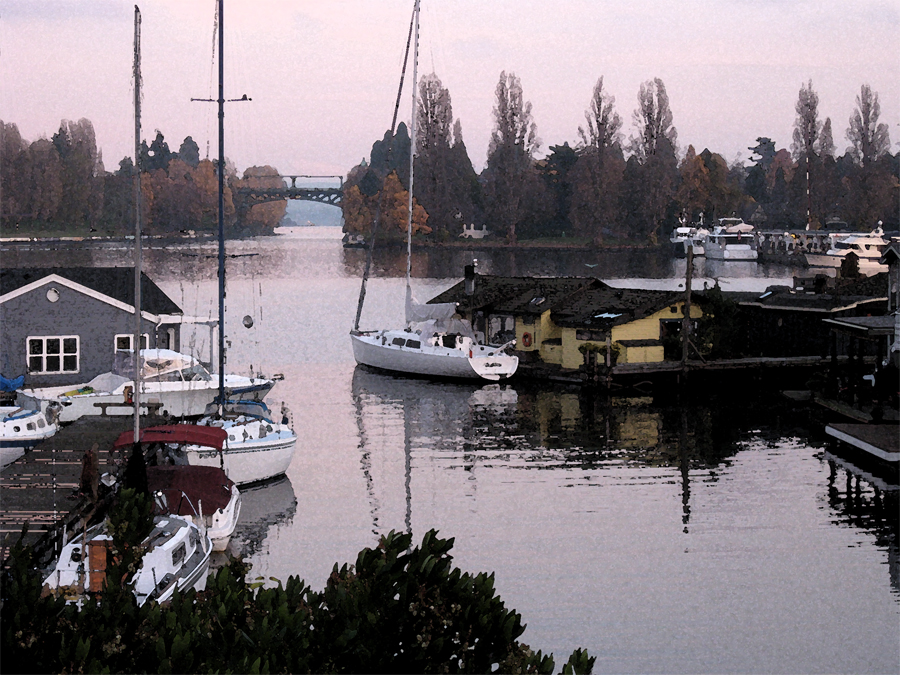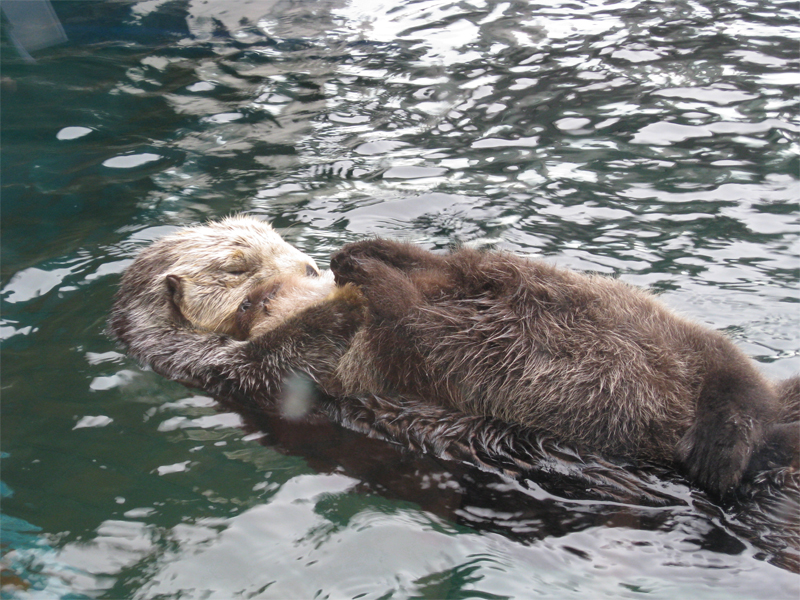
“Look at the baby beaver!” Face pressed up against the glass, the little girl stared wide-eyed at the furry creature nestled on a ledge at the side of the tank.
“Stay behind the line,” cautioned one of the volunteers monitoring the otter exhibit at the Seattle Aquarium.
It had been a little more than two weeks since Aniak, one of the aquarium’s female otters, had given birth to an adorable three pound ball of fur. Crowds have been arriving by busloads to see the baby. You have to act fast when it comes to baby otters – they grow so fast. The new pup has already doubled in size, and soon her baby fur will be replaced by a sleek coat like her mother’s.
Those sleek pelts were what led early explorers in the Pacific Northwest to hunt the once thriving sea otters into local extinction. Fortunately, in the last few decades, with protective laws in place and concerted efforts by environmental agencies, sea otters have been making a comeback in the Great Northwest.
And the Seattle Aquarium has played a significant role in that process, by caring for orphaned sea otters, educating the public about marine life, and in 1979 the aquarium was the first to successfully breed sea otters in captivity.
I had never seen a sea otter before I moved to Seattle. At my first encounter with them at the Seattle Aquarium six years ago I was enchanted, thrilled and completely smitten. The experience inspired my most recent novel, The Goddess of Green Lake, the story of a young woman whose life takes an unexpected turn after she rescues an orphaned baby sea otter.
The other day as I watched Aniak cradling her baby on her chest while she paddled serenely around the small pools at the aquarium I felt that same sense of enchantment. Waves of children and their camera-toting parents came and went, ogling the otters for a while and moving on to other exhibits. The little girl who mistook the baby for a beaver wasn’t alone. Probably beavers are a more familiar animal to most kids. After all, when you think about it, there aren’t that many mammals who make their homes in the water aside from beavers and muskrats, and when was the last time you saw a muskrat?
Certainly few animals seem as at ease in the water as sea otters, who sleep, eat and give birth to their young in the water, staying afloat in any kind of weather, unperturbed by the frigid water temperatures, coming back from the brink of extinction still buoyant, even when confined to a life in a fishbowl surrounded by gawking humans.
I admire their insouciance. I marvel at the wonders of the sea. I am grateful to the Seattle Aquarium for making it possible for us to witness the magic of sea otters.
